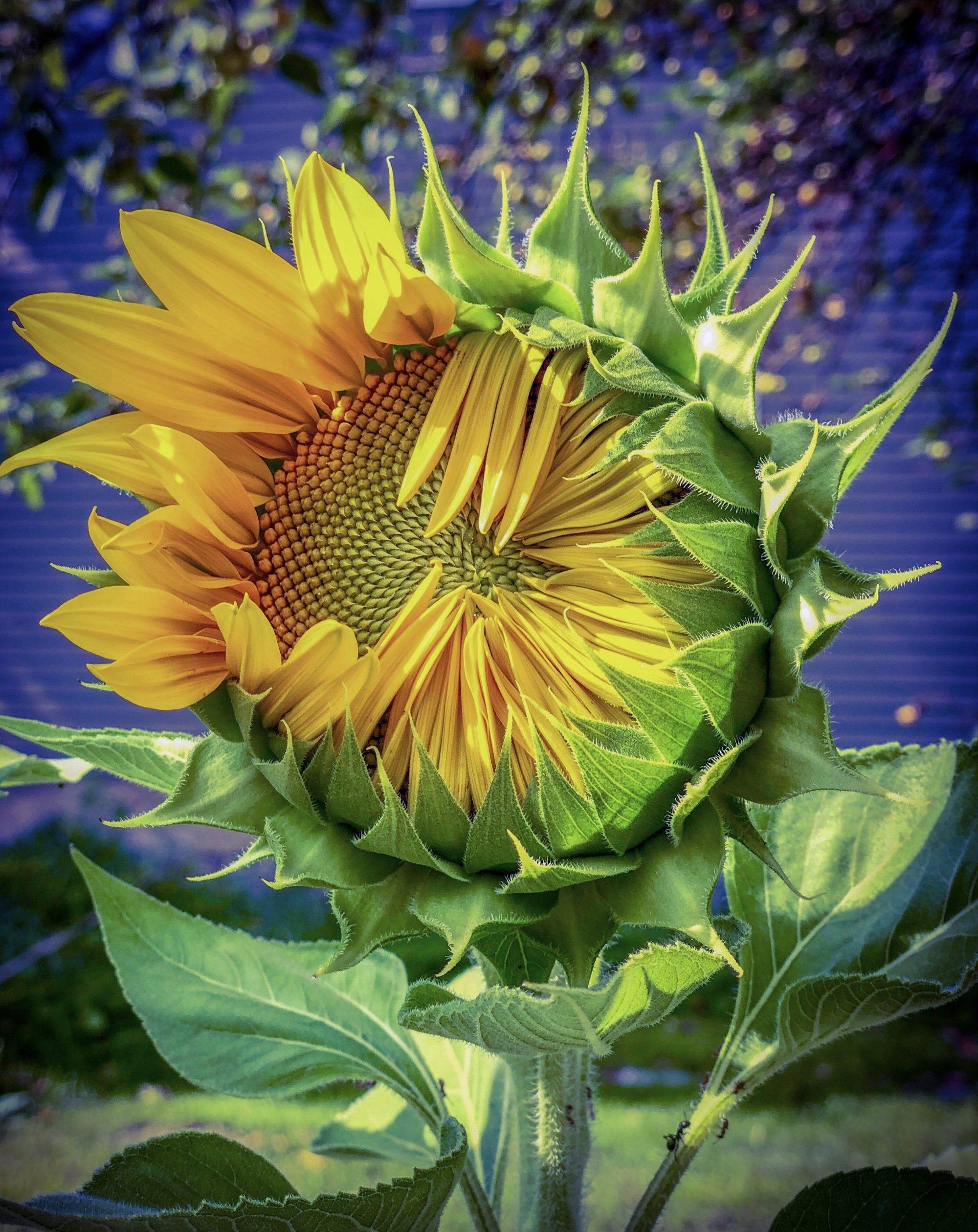Long ago,
under California’s summer sun,
I came to love you.
I was too young,
you were too old,
and though I knew
I was a decoration,
I felt strength in your arms
and history in your heart,
whose rhythms murmured
under my head at midnight in
that remote, ramshackle ranch in
the valley.
Three days, maybe four
I knew peace and presence
in my twenties because of you,
the one who knew when to let go,
so that I could follow my heart
as you went free into your sunset.
I asked you for the tee-shirt you wore
the two days and two nights before I left for New York.
“I want to smell you until I return,”
I whispered in your ear, our heads on the pillow,
believing in my too young confidence
that returning was possible.
You gave me the shirt knowing
that I would not return,
would never again be the ornament whom
you had come to love more than
your judgement cautioned,
watched in resignation
as I grew beyond
any life we could inhabit together.
You knew what I did not:
your scent could not last,
because tee-shirts
have no regard for memory.
I arrived in Manhattan alone,
five hundred dollars in my wallet,
two suitcases in my arms,
and a man’s large tee
packed on top my life.
For weeks
I smelled your sweat and musk
in the cotton fibers,
until the dissolve
between scent and the memory of the scent
was imperceptible, as was
the dissolve between
when you quit calling long distance
and I knew that going back
was impossible
became certain.
I remembered you this week, for
I smelled the traces of love, innocence
and tenderness wrapped in longing, remembered those
few peaceful days in a decade
devoted to self-annihilation of
epic proportions.
I remembered smelling your tee,
trying not to lose you
as I pressed my nose into the cotton,
remembered the inconsolable pain
of a disappearing scent,
and with it a life I knew
no longer waited for me.
This week, I smelled
the traces of love,
and I remembered you.
I finally understood that everything was
as it was meant to be.
We loved as best we could,
thinking ourselves two souls
inhabiting different lives.
But now I know we
are one Soul, that Love
is its own fragrance,
and in my inexperience
I mistook
the perfume of the Soul
for the sweat and musk on
a tee-shirt long ago
abandoned.
